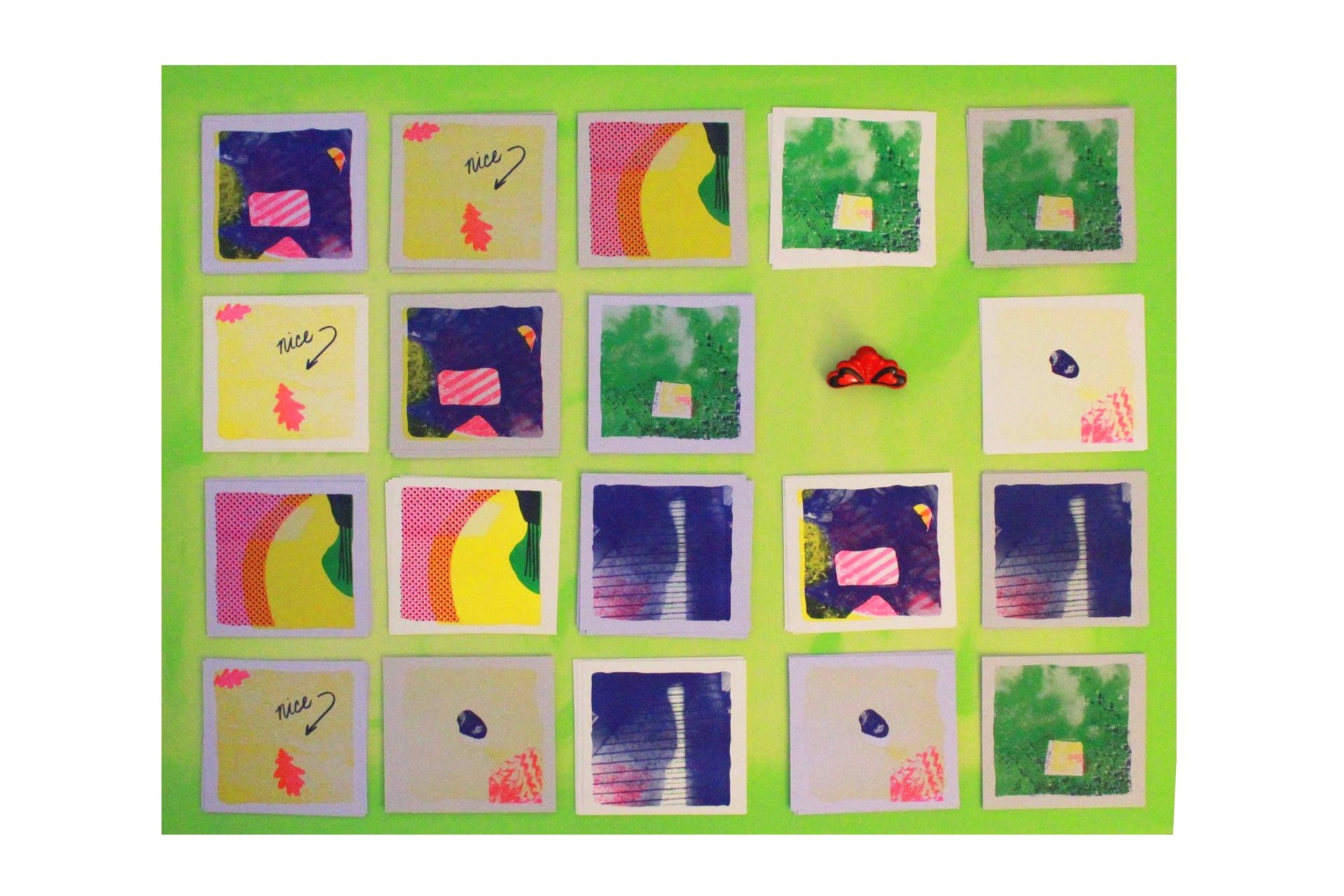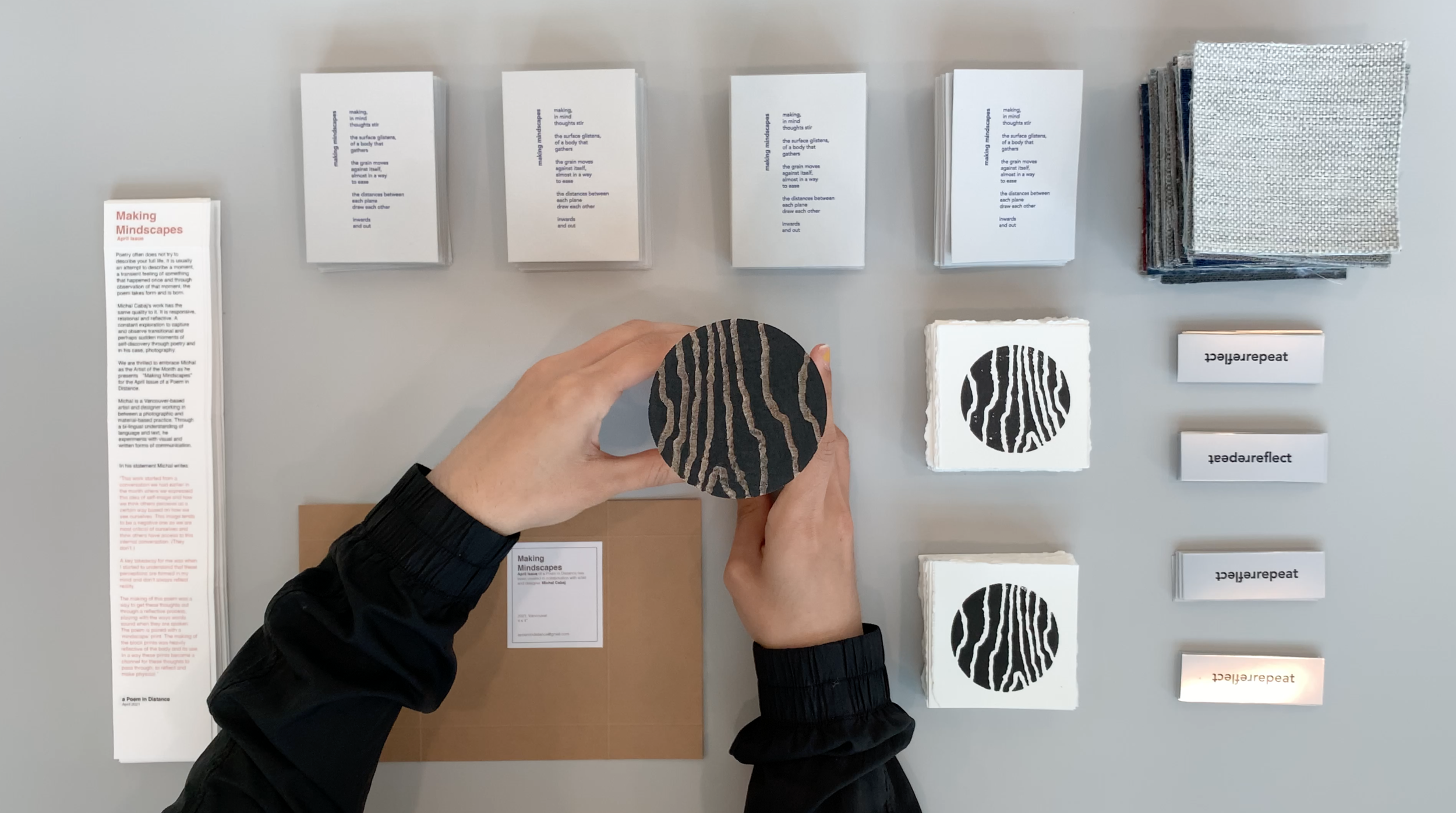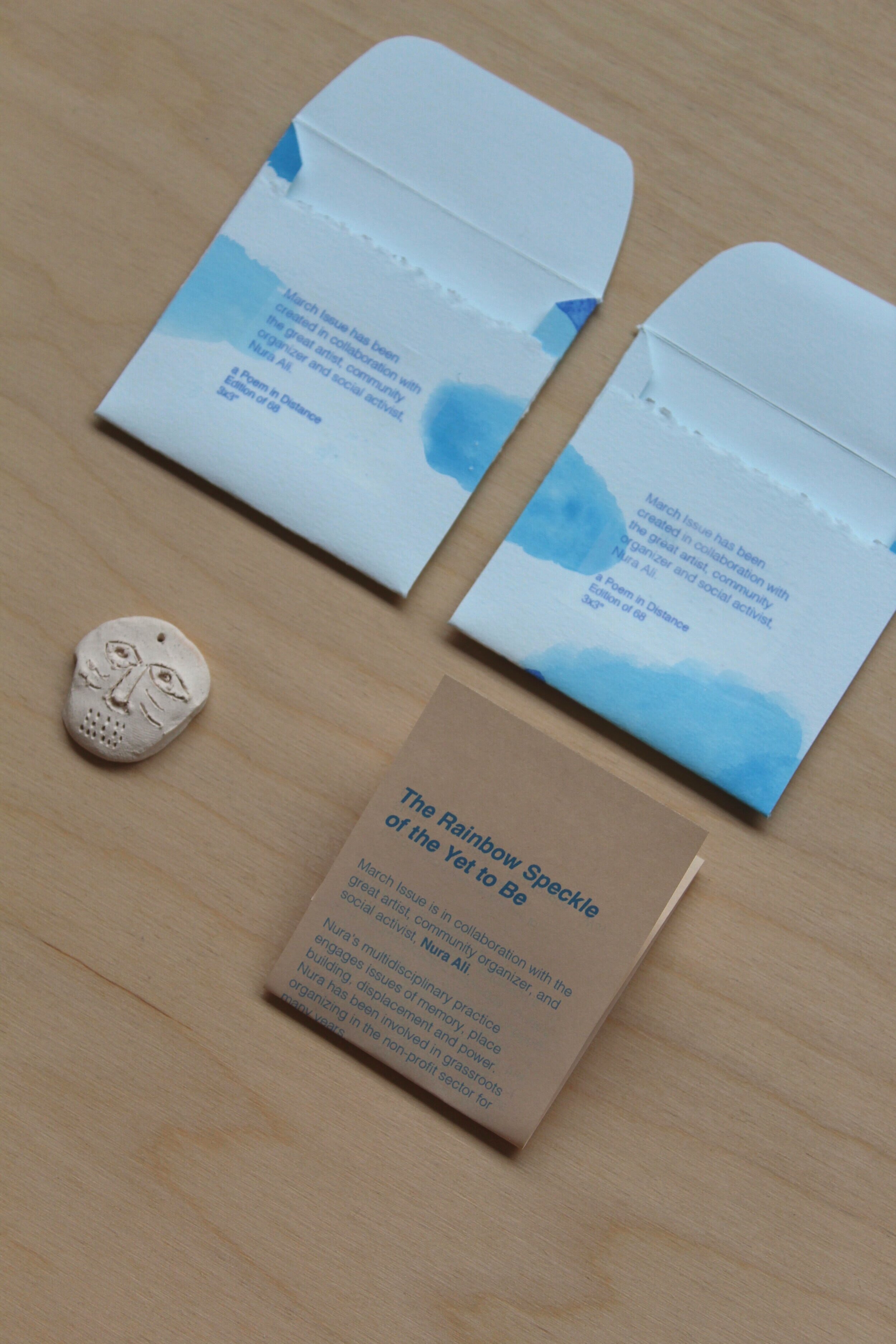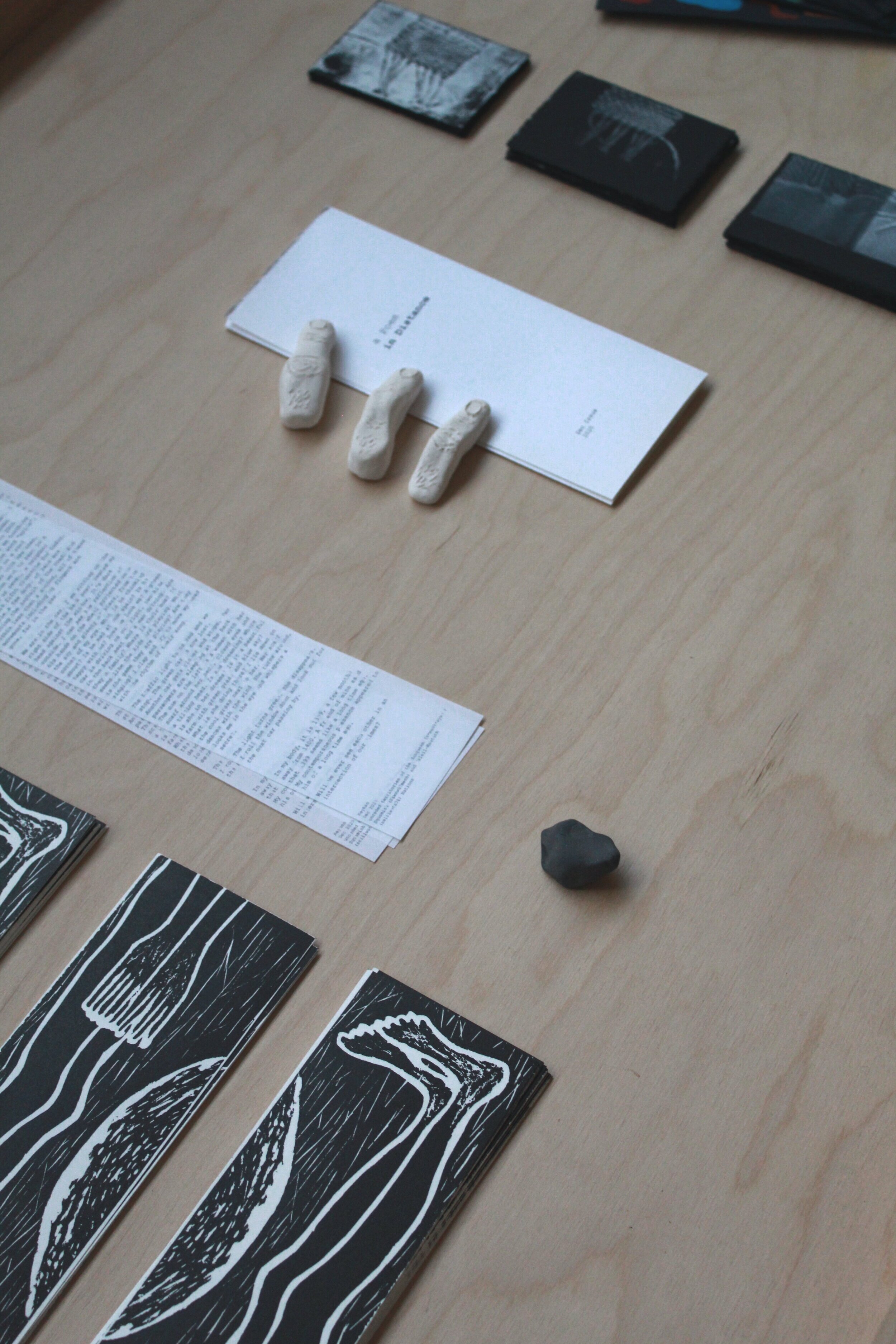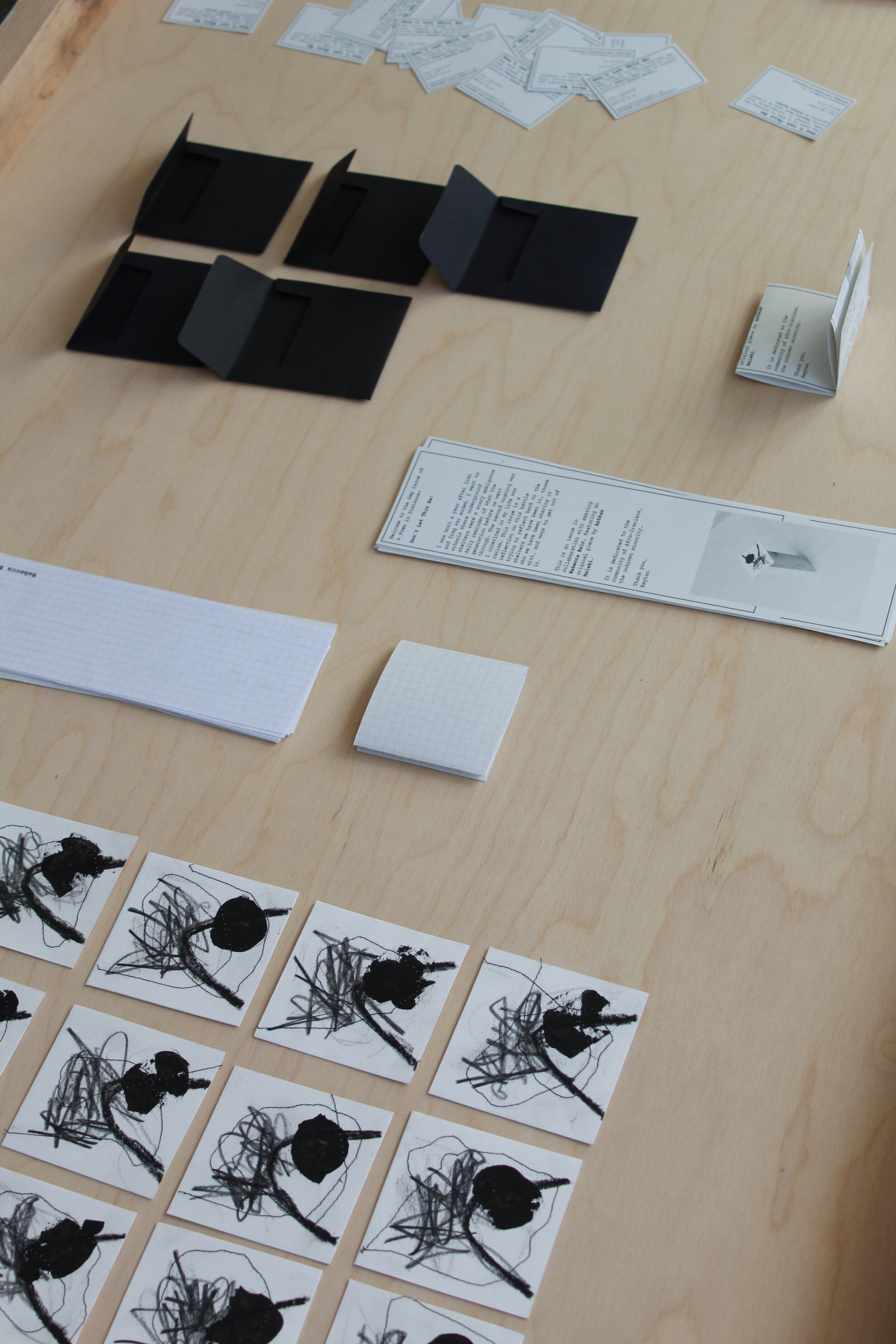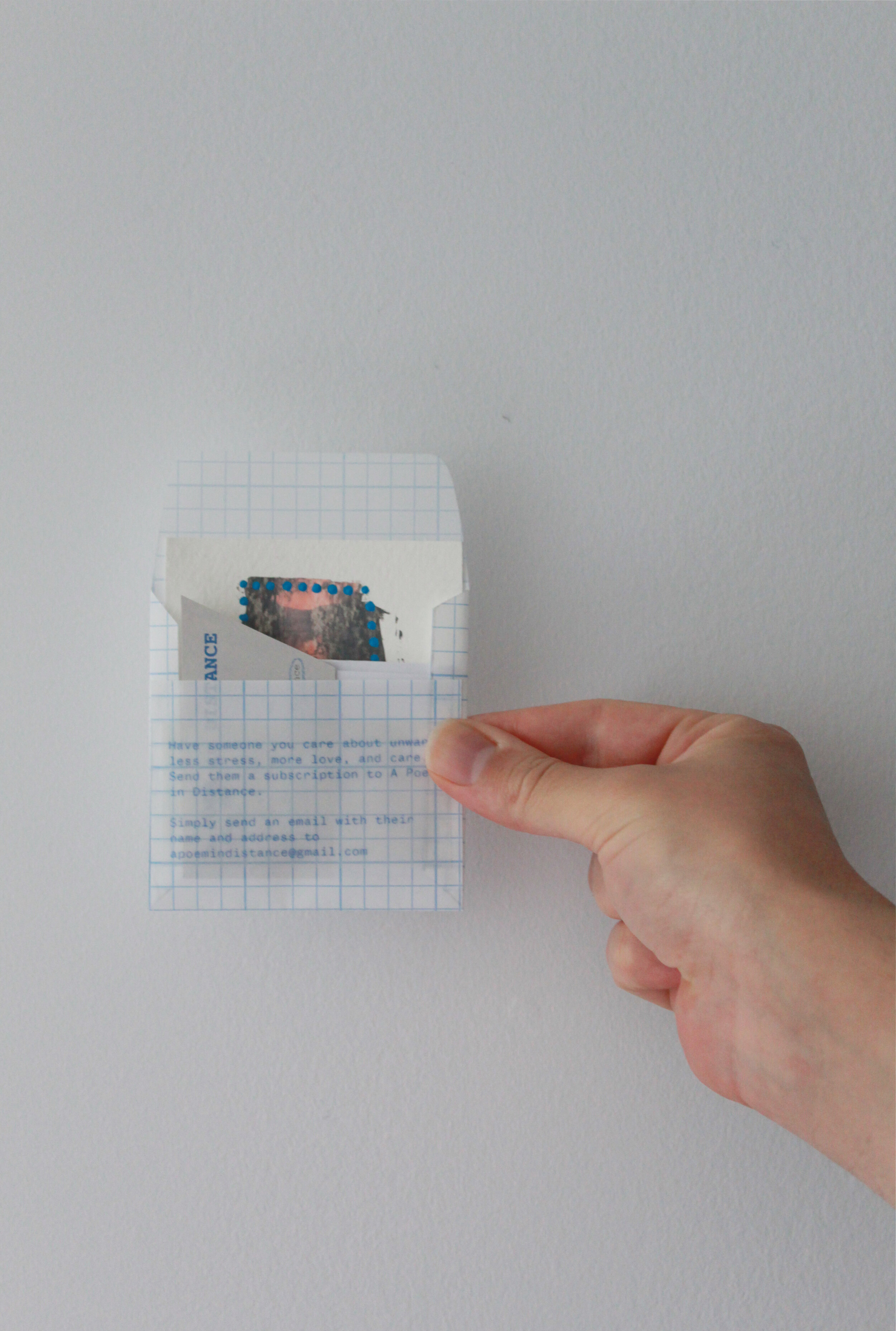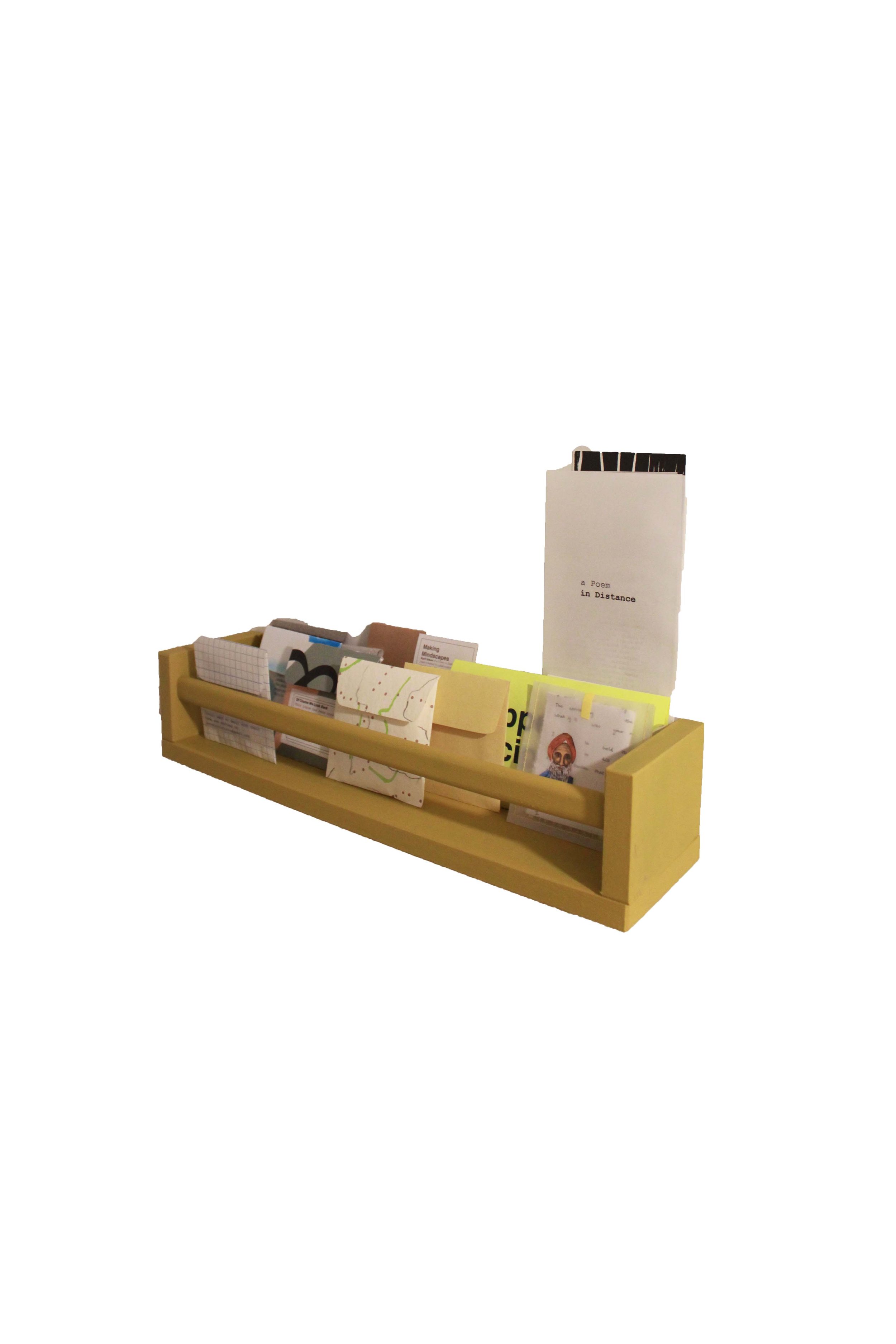نامِهْ اي اَزْ دوُر دَستْ ها
a Poem in Distance is a collaborative publication mailing out poems, drawings, stories and creative works as a gesture of care to the community during the Covid-19 Pandemic.
The physicality of such a small size letter and the careful artistic decisions and aesthetics create an intimate bond between artists and the recipients. Each issue reveals provocative poetry and commentary on issues like identity, diaspora, and creativity among many other themes.
Dec 2021 Issue
Welcome to a Poem in Distance December 2021 Issue, created in collaboration with Annie Canto.
Reflecting on 2021 and despite all of the difficulties we faced collectively, we want to pause and take a moment in this text to thank YOU!
Your openness in listening to this project,
your acceptance in hosting poems, drawings and artworks at your homes or offices,
and the time you spent with us
mean a lot.
Let us also acknowledge the great work of our community and collaborator artists, writers, and poets who contributed their time, works and words generously during the past two years. Thank you!
The creation of this last issue of 2021 was not possible without the incredible work of artist and educator Annie Canto. Annie's poems are explorations of place, time and all of the emotions, sensations, curiousness and confusions that can be encountered in observing, reminiscing and caring about a place. The patchworked floor, pretend oak surface, and a spot in the city that the poet takes care of are some examples of these explorations.
Red Hair Clip Story
The story of the red hair clip goes back to my last trip to Iran and the unexpectedness and unfamiliarity of a the moment through which I found an object that used to exist only in images of my childhood. one late afternoon, I found it, at the right corner of a dusted shelf in my parent's bedroom, a live record of time, memory, and place.
Living in diaspora means that you have to be prepared, always, for the invasion of an uninvited memory, the great heaviness of an object and the enormous volume of a sound encountered on the street.
I put the hair clip in a plastic bag, like an example of a stomach’s cell that needs to be sent to the lab for further tests and examinations, or fingerprint-proof found on a crime scene, labeled as The privilege of carrying a memory, 2021.
Making Mindscapes
In collaboration with Michal Cabaj
Poetry often does not try to describe your full life, it is usually an attempt to describe a moment, a transient feeling of something that happened once and through observation of that moment, the poem takes form and is born.
Michal Cabaj's work has the same quality to it. It is responsive, relational and reflective. A constant exploration to capture and observe transitional and perhaps sudden moments of self-discovery through poetry and in his case, photography.
We are thrilled to embrace Michal as the Artist of the Month as he presents "Making Mindscapes" for the April Issue of a Poem in Distance.
Michal is a Vancouver-based artist and designer working in between a photographic and material-based practice. Through a bi-lingual understanding of language and text, he experiments with visual and written forms of communication.
The Rainbow Speckle of the Yet to Be
In collaboration with Nura Ali
March Issue is in collaboration with the great artist, community organizer, and social activist, Nura Ali.
Nura's multidisciplinary practice engages issues of memory, place building, displacement and power. Nura has been involved in grassroots organizing in the non-profit sector for many years.
.
March had a few cloudy days, some weeks with a grey sky, and one evening of a horrendous thunderstorm. Eight were killed.
This is dedicated to: Xiaojie Tan; Daoyou Feng; Delaina Ashley Yaun; Paul Andre Michels; Yong Ae Yue; Soon Chung Park; Suncha Kim; and Hyun Jung Grant.
Of course We Look Back
In collaboration with Romane Bladou
It has been a long way. From the early days of this pandemic, the anxiety, worry, and the fear till today, the exhaustion and hopelessness. It is strange that still many of us are trying to do things the same way as it was done before. Same hours of studying, teaching, working; same goals of spending, buying, investing; same ways of talking, asking, making. But does anything feel the same anymore? Does the coffee you get at JJ Bean taste the same as before? does the path you take every day to walk look the same as before? does the weather feel the same as before? Does your neighbor passing by you in the hallway look the same as before? Does your dinner table smell the same as before?
Nothing
is
like
before.
Another way of communication is needed, an honest openness perhaps in both sharing and hearing because none of the messages speak of the same things as before.
Of Course We Look Back is a reflection on pre-pandemic life, not with a sense of longing but a meaningful questioning.
Time, Bodies, and the residue
In collaboration with Patio Press, Aman Aheer, Ana Diab and Justin Langlois
Where are you?
What year is it?
We, human beings, live in different times at the same time. We each have different counting and notation of the date. Our individual experiences of time right now vary with one another. I am writing now, sitting on a wooden chair, in front of a window to 20th ave. At the same time as I am touching the keyboard to write the word “write”, a few men are working on a roof replacing old tiles with new ones, birds flying from west to east in a group of six or seven, a neighbor smoking his fifth cigarette for today, all while a few drops of rain are touching the asphalt of the road. And within less than a second, all of these movements including my fingers are gone, far in the past.
We are in the car. I am sitting on the right side of the back seat, rested my head against the window. It's dark outside. I can see the reflection of his hands on the wheel projected onto the sky and plenty of stars, from the corner of my eye. What is he thinking about? Is he mad at mom again? Is he happy with us? Does he love me? A green car is driving on our right, two kids in the back seat and a man driving. Are they a family? Where is their mom? It seems like the kids are playing. What is the game they are playing? Are they singing? I clap and try to move my head with the rhythm of their song.
The traffic light turns red and we stop. The green car is now lost. Another car gets closer and stops. Two passengers are sleeping at the back. The one on the left is a woman with her scarf around her neck, closed eyes and a tilting head. Is she dreaming? Where is she in her dreams? Is it a beautiful farm with green grass and blue sky? What is she doing there? I lie down on the cool grass next to her. Her scarf dances with the wind. She turns around, looks me in the eye and whispers a secret.
The light turns green. She disappears. I roll the window down and look out for the next car passing by.
In my body, it is 1399, a few months away from 1400. A friend of mine said that 1399 seems like a long time ago. My contemporaneous presence appeared to him of a long time ago.
Will we ever see each other in an intersection of our times?
The Most Unexpected Places
In collaboration with Aaniya Asrani
Poetry has taught me that it can choose the most unexpected places to pause and that is how I perceive the start of this pandemic and the last nine months of our lives in isolation; the most unexpected places to pause.
Now that we are in this pause together,
you can look back,
look at what's really happening,
look at a few layers deep,
let this pause open up with all the fullness of its being, to us.
Oh! God! She said. Just come back home!
in Collaboration with Dana Qaddah
We were walking with two of my artist friends around Baharestan St in Tehran about seven or eight years ago. We had visited an exhibition and had a coffee at Negarestan Garden. On our way back, unexpectedly we saw this yellow roll of paper at the back of an old shop. We asked the price and bought it to later divide between the three of us. My place was close to where we were, so we took it there. A few months later, my friends called to say goodbye and to let me know that they can't have the paper anymore, so it is all mine. They left Tehran soon after and we never saw each other again.
When the time came for me to leave the hometown, I took the paper roll with me and carried it in my luggage to Canada.
Now that you are reading this, you are holding a few pieces of that paper in your hands. It smells like home to me, reminds me of people, friendship, community and care.
Don’t Let This Be!
In collaboration with Rebecca Bair and Ashkan Maleki
I was born a year after Iran and Iraq war ended. I went to schools where underground shelters were a scary ambiguous daily reminder of what the generation before us went through. The second ongoing war I inherited in my life was racism. This issue is a reflection on this battle trying to reflect back on the shelters we have been in, those who we have been sharing it with, and ways to get out of it.

